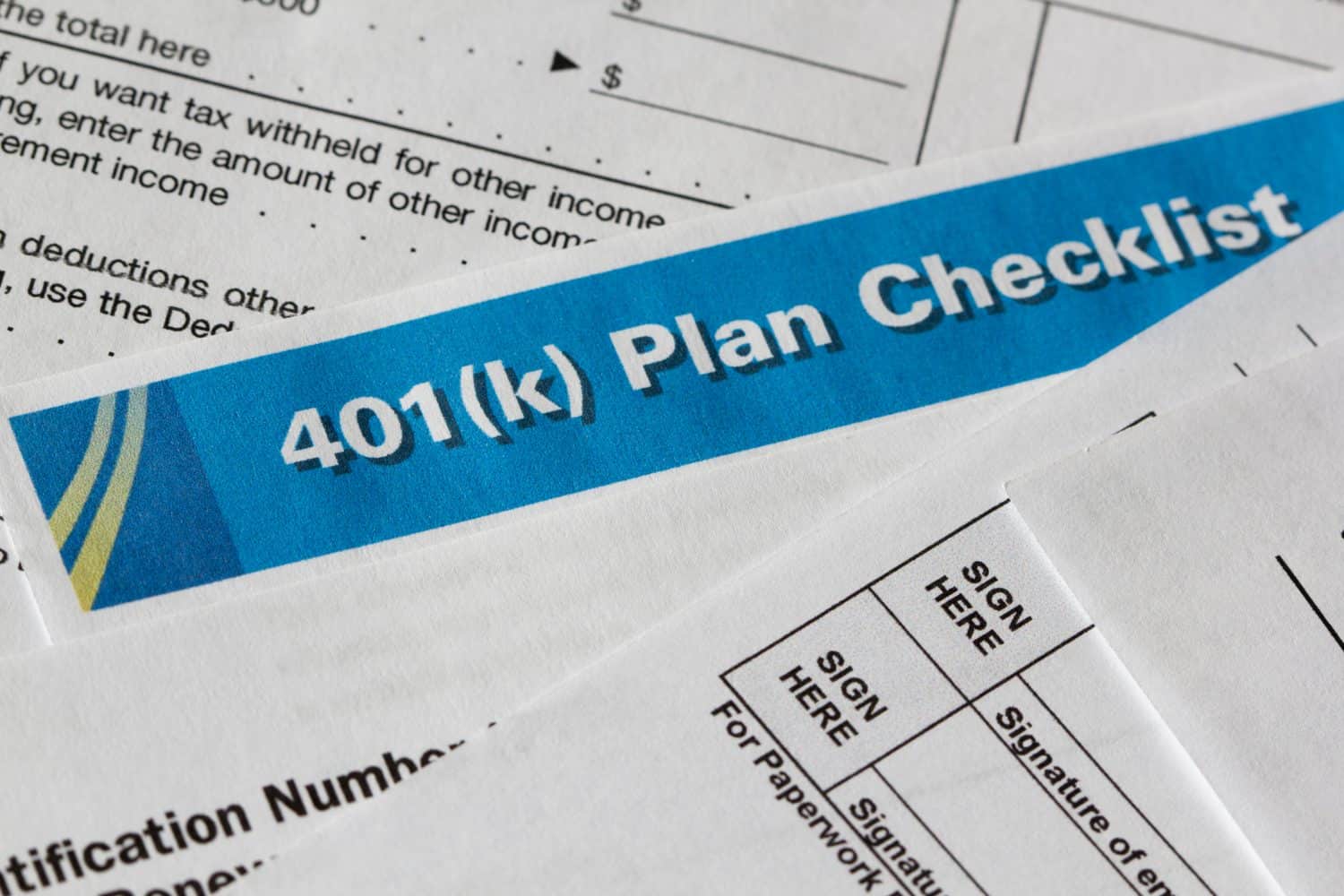Personal Finance
I left a law firm 2 years ago, and they're still contributing to my 401(k) — is this a mistake?

Published:

The laws and rules about how 401(k) accounts operate and what you can do with them are complicated and hard to fully grasp even for the most financially literate. We might be surprised with how they behave or some of the rules governing how they work. If you find yourself confused, you’re not alone.
Employers are the ones responsible for managing 401(k) accounts accurately.
You are under no legal obligation to do free work for any company at any time.
Retiring early is possible, and may be easier than you think. Click here now to see if you’re ahead, or behind. (Sponsor)
One person in particular saw some strange behavior regarding their 401(k) from a previous employer and took to the internet to find some answers. They brought their concerns to the community in r/personalfinance. Here is what they said.
Please remember that any advice you find here or online, in general, is not legal advice, and you should always speak with an expert or a lawyer before taking any action based on what you read here or in the thread.

The author of the post in question says that they left their previous company in 2022 and recently discovered that their previous employer had continued to deposit funds into their 401(k) after they left through profit-sharing and safe harbor non-elective contributions. What began as a $500 retirement account has quickly grown to over $11,000. Naturally, they were nervous about any legal consequences, so they had three questions.
First, do they owe the money back to the company? Second, they never contributed to the account themselves, are they on the hook for any taxes? Third, if it turns out that the money is actually theirs, should they leave it alone or transfer it to another account not associated with the employer?

The primary focus of the comments on the post was on two topics: is the money yours, and what to do? According to most of the popular answers, these questions are not necessarily dependent on each other.
Some commenters said it is entirely possible that the money being deposited belongs to the author and is simply being deposited slowly over time. The only way to really know would be to go back and read any official documentation if the author still had it or to contact the company itself and ask.
However, the vast majority of responders said that whether or not the money is theirs is irrelevant. The company is the entity responsible for maintaining the 401(k) accounts appropriately and accurately, if they made a mistake, that is on them, and they are the ones responsible for fixing it, not the employees. The author of the post has nothing to gain by calling the company and telling them and they have no legal responsibility to do so. Why do unpaid work for a company?
If the company discovers their mistake and confirms that it was, in fact, a mistake, they might choose to leave it as-is (as there are other issues with trying to get the money back, and they have a handful of reasons to keep the mistake quiet) and simply stop the contributions, or request the money in return. If the author contacts the company, they are forced to make this choice, but if they do nothing, then it may go unnoticed (or not a priority to fix) forever.
The contributions to a 401(k) account, no matter who made them, are always tax-free until the funds are withdrawn, and the author can choose to keep them there or properly initiate a rollover since the money is theirs.
Retirement can be daunting, but it doesn’t need to be.
Imagine having an expert in your corner to help you with your financial goals. Someone to help you determine if you’re ahead, behind, or right on track. With SmartAsset, that’s not just a dream—it’s reality. This free tool connects you with pre-screened financial advisors who work in your best interests. It’s quick, it’s easy, so take the leap today and start planning smarter!
Don’t waste another minute; get started right here and help your retirement dreams become a retirement reality.
Thank you for reading! Have some feedback for us?
Contact the 24/7 Wall St. editorial team.